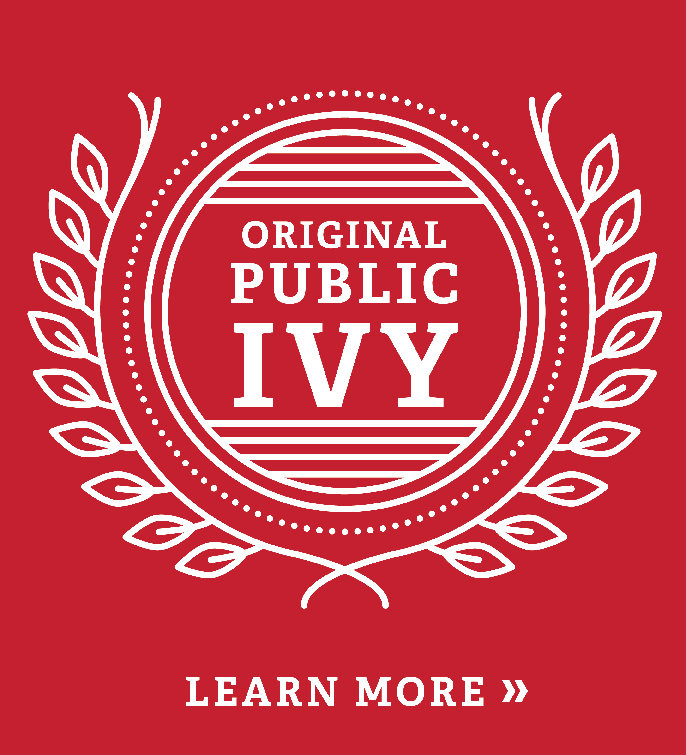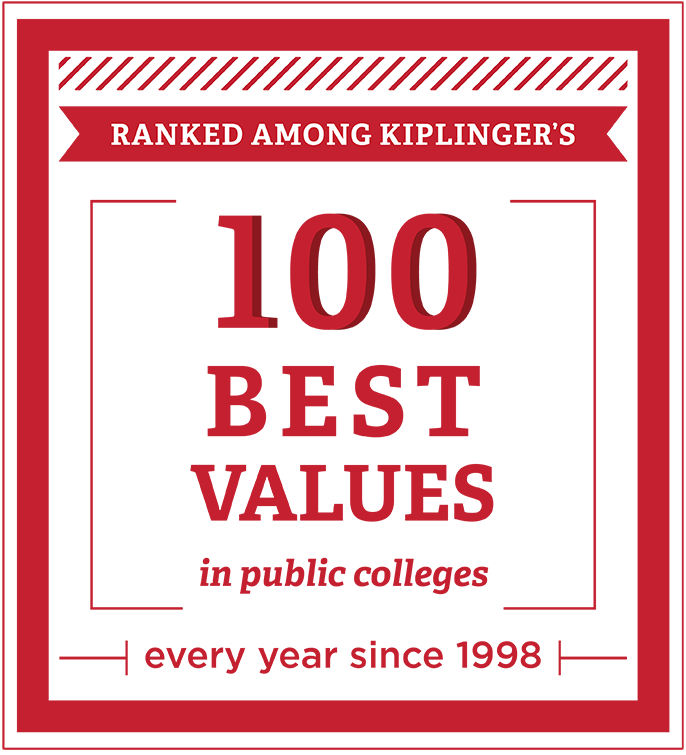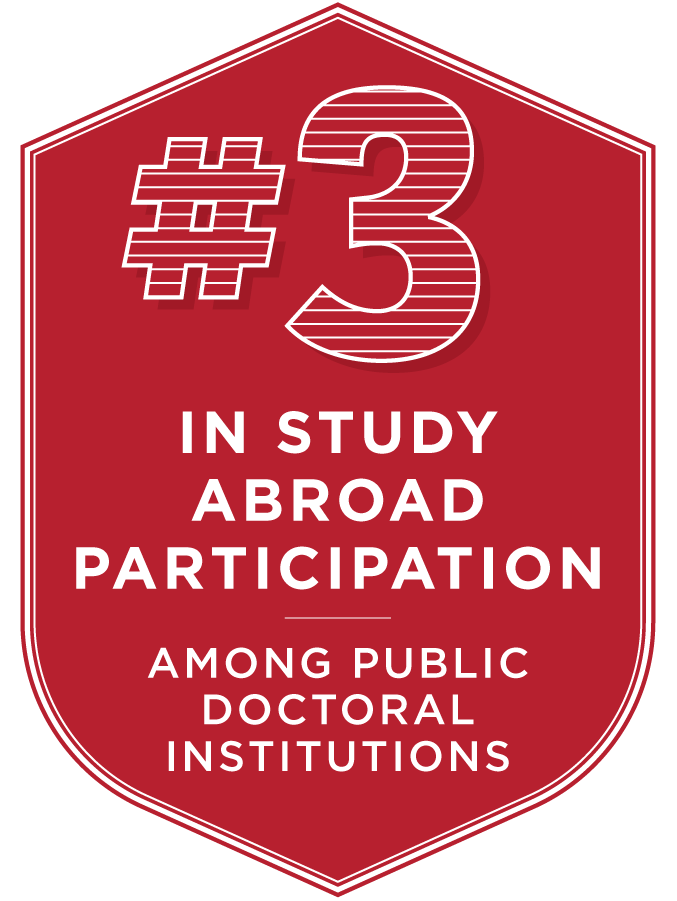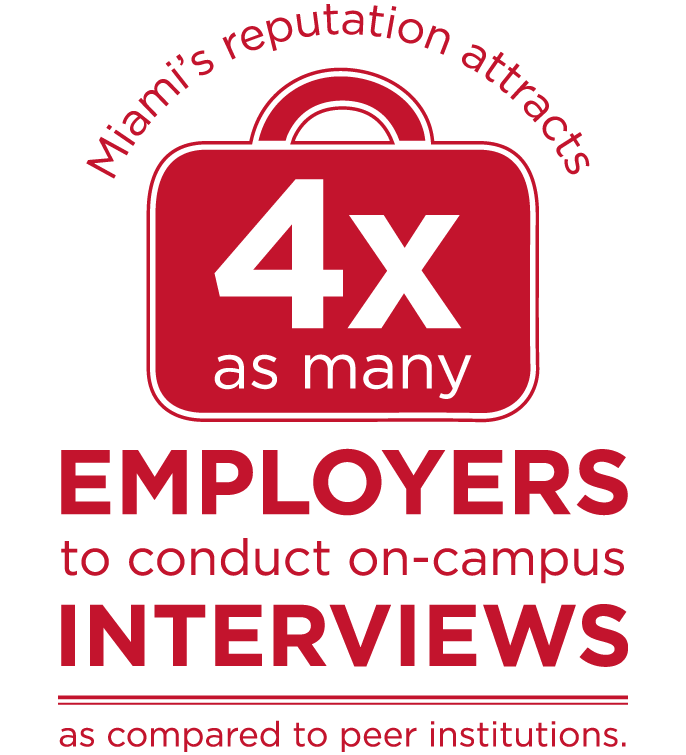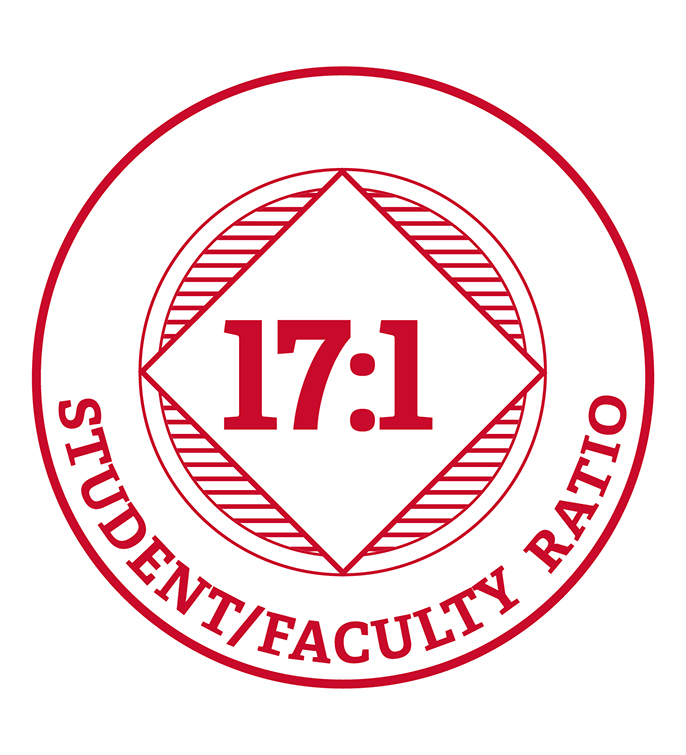Annual Address 2013
David C. Hodge
September 3, 2013
Finally, as we think about how we are going to accomplish our goals, I would like to emphasize the distinct aspects in implementing the Miami 2020 Plan. In previous strategic plans, the goals were measured exclusively at the university level, and strategies identified almost solely at the university level. The Miami 2020 Plan connects the local, "on the ground," activities with university goals. Every division and unit (department) is being asked to produce a local set of metrics and strategic actions that feed into the university goals. Some of these measures, like retention rates and financial goals, are direct contributors to the university's success. Other measures of improved local performance are indirect contributors that nonetheless provide critical support for the general direction outlined in Miami 2020. As each department identifies its unique contributions to our overall goals, we will gain a better appreciation of how interconnected and complementary our work is, demonstrating how what we do matters well beyond our specific responsibilities.
Although these department-level indicators provide a certain measure of accountability, the real power lies in the feedback that they provide to local initiatives. As we continue to innovate, it is vital that we are able to assess the outcomes of all our efforts. Is the flywheel spinning faster? Are we moving the needle? What is working and what is not? By monitoring our outcomes more carefully and systematically, we will be in a much better position to move forward.
In academia, we have often relied on anecdotes and impressions to guide our evaluation. Let me share one of my favorite examples of what I mean by this. When I was at the University of Washington, we had two 350-student sections of Introduction to Biology that were offered every quarter. As part of a teaching improvement initiative, we introduced clickers into one of the courses. At the end of the quarter, there was a strong feeling of success. Everyone, from students to faculty, felt that the initiative was a huge success—class participation was up and everyone seemed more engaged. But the common final exam brought a rude shock—there was no difference in the learning outcomes. This forced a re-examination and improved strategies with the clickers and student accountability that led to significant improvements in learning. But if we had not had the benefit of this controlled experiment, we might never have realized that while we all felt good about the impact of the clickers on the course, we really were not accomplishing our learning outcomes objectives.
We now have much more data and sophisticated analysis to help us determine how well our efforts are working. This provides an exciting foundation for us to track the success of our students and the efficacy of our efforts in ways that would have been impossible previously. By approaching the implementation of Miami 2020 with this spirit, our creativity and innovation will be stimulated by feedback that will guide our efforts to even more productive and desirable outcomes.
Conclusion
As I draw these remarks to a close, let me return to the theme of the flywheel that I used to open today. Momentum is a beautiful thing, to be more precise, positive momentum is a beautiful thing! Because of the incredible efforts across our campuses to deliver the very best educational experience, and the visionary thoughtfulness of the Strategic Priorities Taskforce, the Miami 2020 Plan, and other similar efforts at all levels of the university, Miami is enjoying exceptional success. We have built momentum, the flywheel is spinning, and we continue to add to its speed. We will monitor that speed and momentum through a number of key indicators that we have determined through the Miami 2020 planning process, and we will use those feedback metrics extensively as we innovate in our relentless pursuit of providing an even better experience and better outcomes.
Obviously, then, these numbers are important and there is an urgency to our continued innovation and strategic execution, yet at the end of the day we must always remember that for each of those students who come to Miami, it is a unique and, we hope, special experience. I was reminded of that through an email that I received from Daniel Rambo, facilities manager in the Demske Culinary Support Center:
"This past week my wife, Beverly, and I moved our youngest daughter Grace to Florence, SC to begin her teaching career. The trip was emotional and bitter-sweet, as all such moments are. Grace graduated from Miami this past May with a degree in education and a focus in teaching math and social studies at the middle school level. After three days of buying furniture, setting up bank accounts, choosing health care packages, and preparing her first classroom for her first day, I was touched by a moment you may appreciate. I walked into her newly occupied bedroom to install a curtain rod. This room, like the rest of the apartment was a disorganized collection of partially unpacked containers, boxes of shoes, and layers of clothes waiting for closet space. The place resembled the back room of a Wal-Mart store. However, there on the center of her dresser, sitting on a decorative pedestal, standing upright and open for display was her Miami degree. In the middle of all this chaos, Grace had taken the time to handle this particular item with some special care. It warmed my heart."
It is my hope that everyone who is a part of Miami understands how what they do pushes the flywheel forward and that we all share in the joy and pride that Daniel and Beverly experienced with Grace, a Miami graduate.
For Love and Honor.


